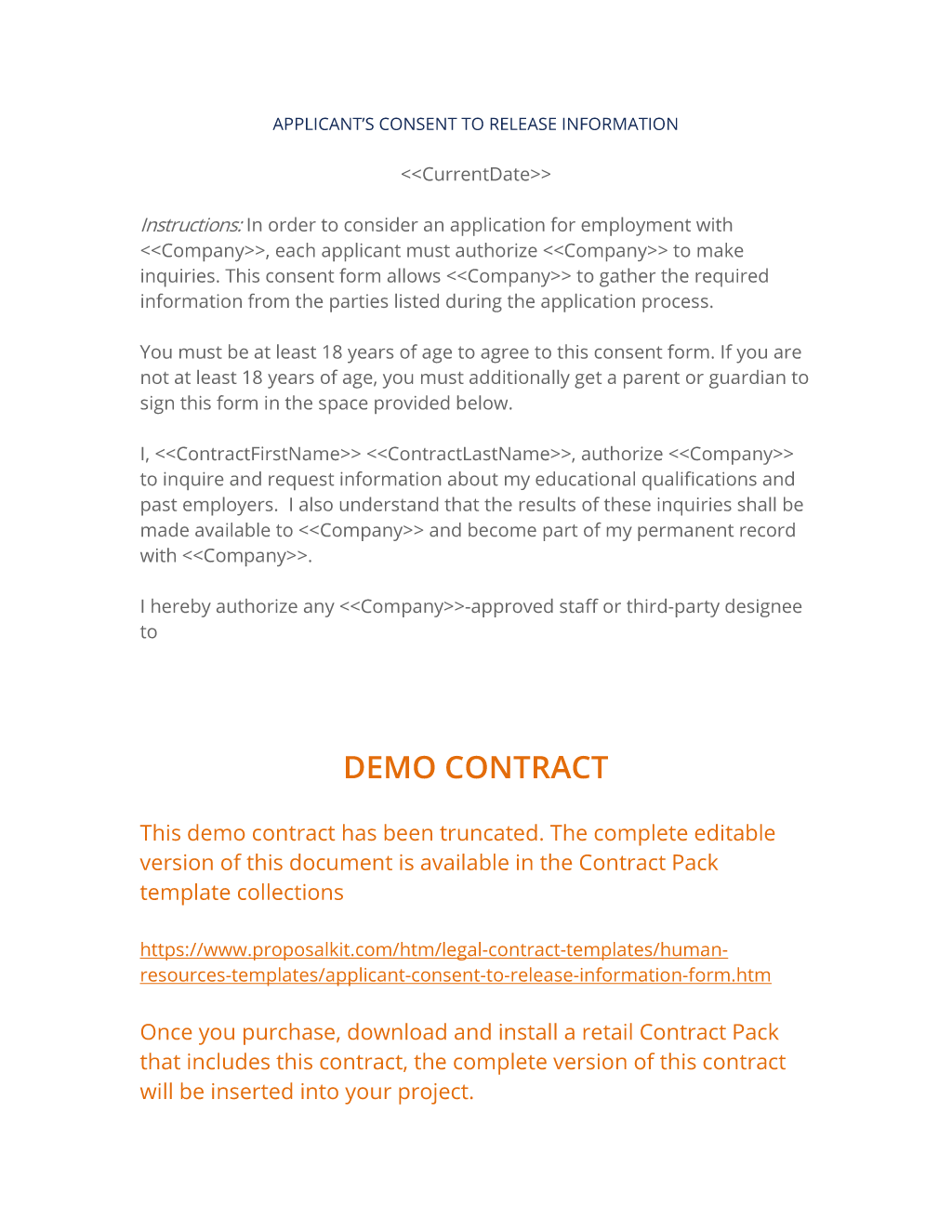

A judge could even change custody arrangements in favor of the noncustodial parent. If the custodial parent moves the minor child without court permission and against the noncustodial parent's wishes, a judge may sanction (punish) the custodial parent with a contempt order, including fines and jail time. Typically, a parent can't move a child to another county or state without prior approval from the court that issued the original custody order. These "move-away cases" are among the most difficult types of custody disputes. However, what happens when the custodial parent wants to move to another town or out-of-state? What if the noncustodial parent opposes the move because it will result in lost time with the child? In this situation, the custodial parent will likely have to go to court and ask a judge for permission to move the child out-of-state.

Child Relocation LawsĬourt-ordered custody arrangements can work well for years, especially when both parents live in the same town. Whether you reach a custody arrangement by mutual agreement or a judge's decision, a court will issue a custody order that spells out exactly how it divided custody rights and responsibilities, including who the custodial parent is. If parents can't agree on custody, a judge will have to make these decisions for them. In the latter situation, the custodial parent has primary physical custody, and the other parent (the noncustodial parent) has a right to visitation or "parenting time" with the child. They can choose to make one parent the primary custodial parent-meaning the child lives primarily in that parent's home. It's common for parents to share joint legal custody-meaning they both make decisions regarding their child-but the division of physical custody varies greatly, depending on the circumstances of the particular case and the laws of the state in which the matter is pending.įor example, parents can agree to share joint physical custody, which is where parents spend significant or equal amounts of time with the child. Physical custody refers to the right and responsibility of keeping, supervising, and caring for the child. Legal custody includes the right to make important decisions about a child's health, education, and welfare.

These arrangements must address how to share legal and physical custody between the parents.

When parents decide to divorce (or separate if they were never married), they will need to make custody arrangements that meet their children's best interests.


 0 kommentar(er)
0 kommentar(er)
